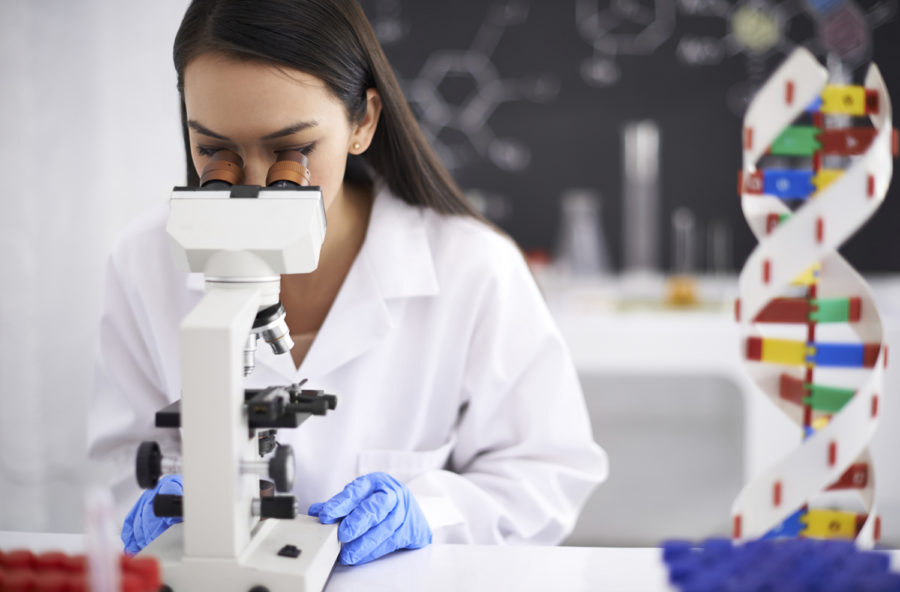Carstens: Genetic testing needs regulations
Nanodevices have the capability of detecting Ebola-like DNA at an extremely small scale.
November 4, 2015
Genetic testing has started to play an active role in the health care field to help predict the likelihood of a patient receiving a terminal illness such as cancer, and/or to help make a particular medical treatment work better for the individual in need.
While I believe this new type of testing could help a number of individuals who have familiar vulnerabilities to various diseases, I also believe we need regulation on such an improvement so we do not become completely reliant on this new process.
Many professionals in the medical field, including Joshua M. Sharfstein, former secretary of the Maryland Department of Health and Mental Hygiene, agree with my stance and believe regulations are needed on this type of advancement.
Since Obama initiated a $215 million budget for technologies that would encourage the creation of specific custom-made medical treatment, we need to ensure that these technologies are being used ethically and safely. The way to do this is through regulations.
One example of success from the genetic tests is Angelina Jolie.
Eryn Brown of the Los Angeles Times reported that this well-known celebrity had a breast removal surgery because of a DNA genetics test that was performed. The results showed that Jolie had about an 84 percent chance of being diagnosed with breast cancer. Her DNA showed that she had one of the two main strands of DNA called BRCA1 and BRCA2, which can help determine the likelihood of a woman getting breast cancer.
Jolie isn’t the first celebrity to have undergone a surgery because of DNA test results. But when she went through with her mastectomy because of her potential to be diagnosed with breast cancer, it sparked a trend in favor of genetic testing as a preventative measure.
We need to make sure we are not using this technology for all the “my great-great grandma had a breast cancer scare so I probably will too” cases doctors often face. Lisa Cooper, a doctor at John Hopkins, said, “Biological markers, social factors and environmental exposure all figure heavily in a person’s health.”
A person’s DNA doesn’t always determine the likelihood of that person getting a type of illness. Doctors and patients need to understand that genetic tests will not be the answer to all of their prayers, despite the current craze.
We need to make this type of technology more available to the average person. According to Forbes.com, the cost of the average genetic testing administered by a physician ranges from $300 to $3,500.
These costs are so high because while the tests are readily available to the public, the time it takes to finish them is long, they are varied, and as of right now, they are not popular methods to take.
Genetic DNA testing is a positive medical tool that can help many individuals either determine the likelihood they have of getting a possible disease or illness, or help tailor specific treatments to that patient. While this medical advancement is available, we must enforce regulations and ensure doctors don’t just start handing out genetic tests as a way of preventing potential medical issues.







